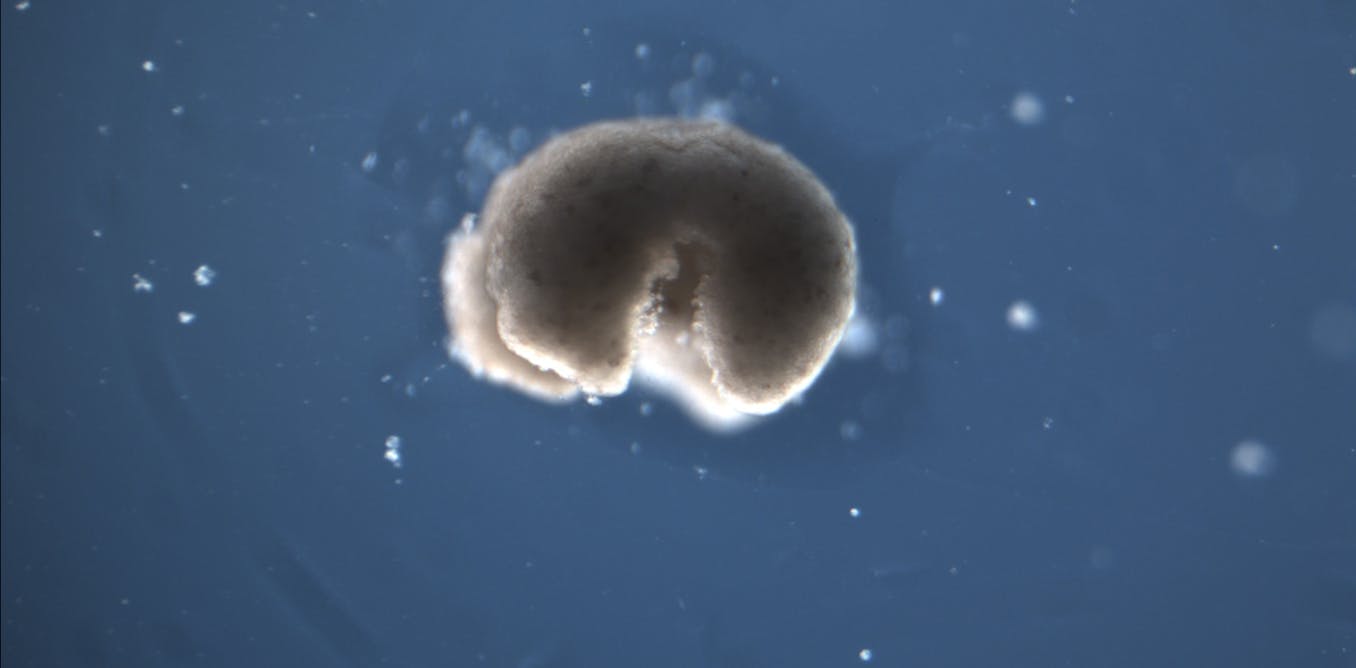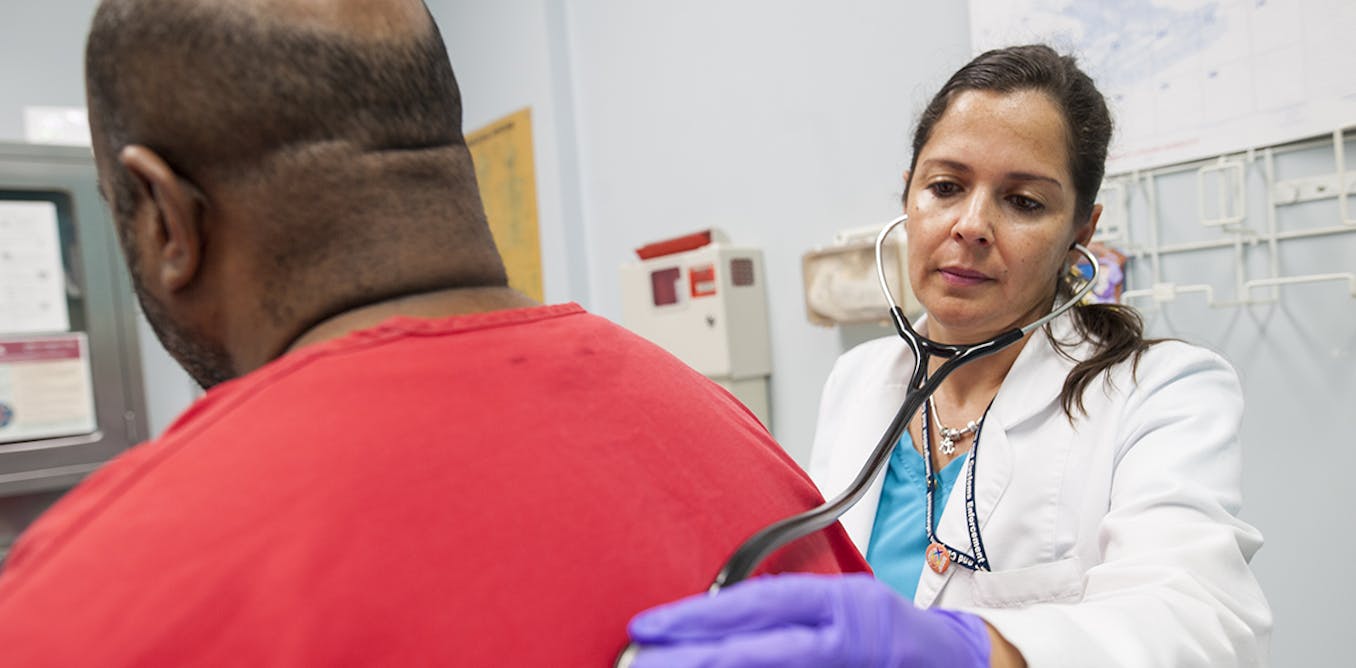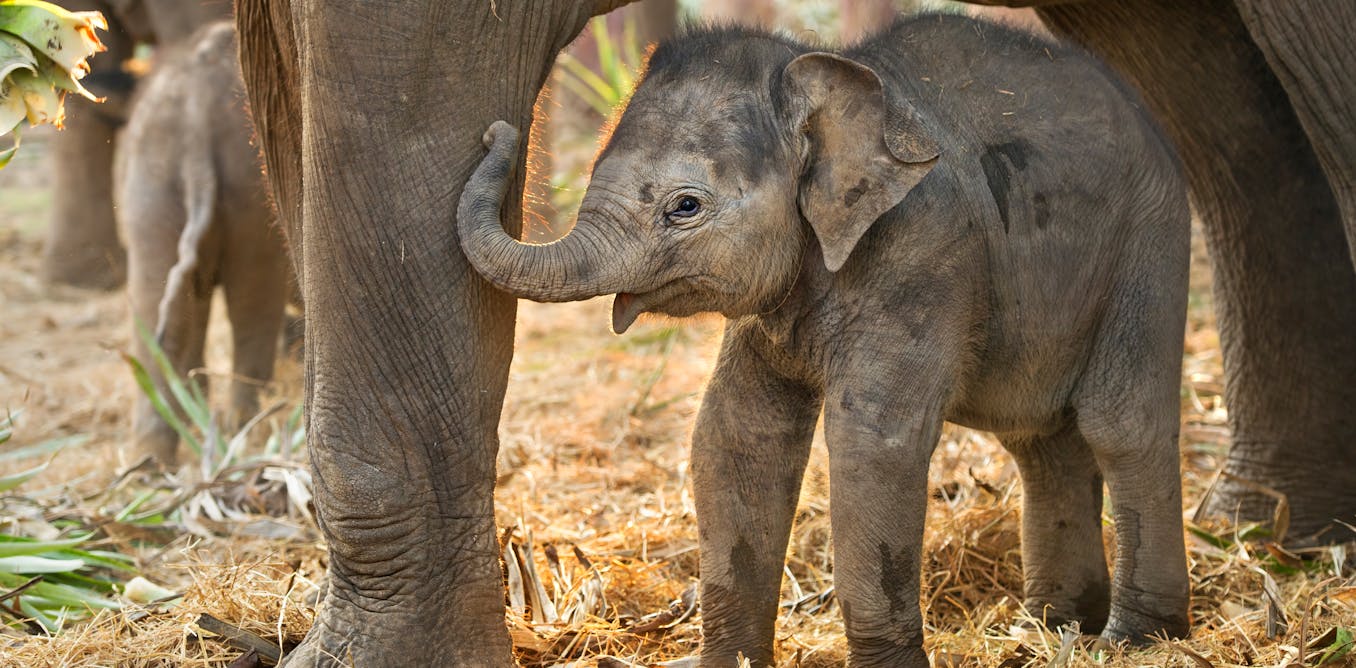Compassion amid chaos − how one of America’s greatest poets became a lifeline for wounded soldiers
Lacking formal training in medicine or nursing, Walt Whitman nonetheless realized ‘the simple matter of personal presence, and emanating ordinary cheer and magnetism’ could go a long way.
Nov. 8, 2024 • ~8 min









